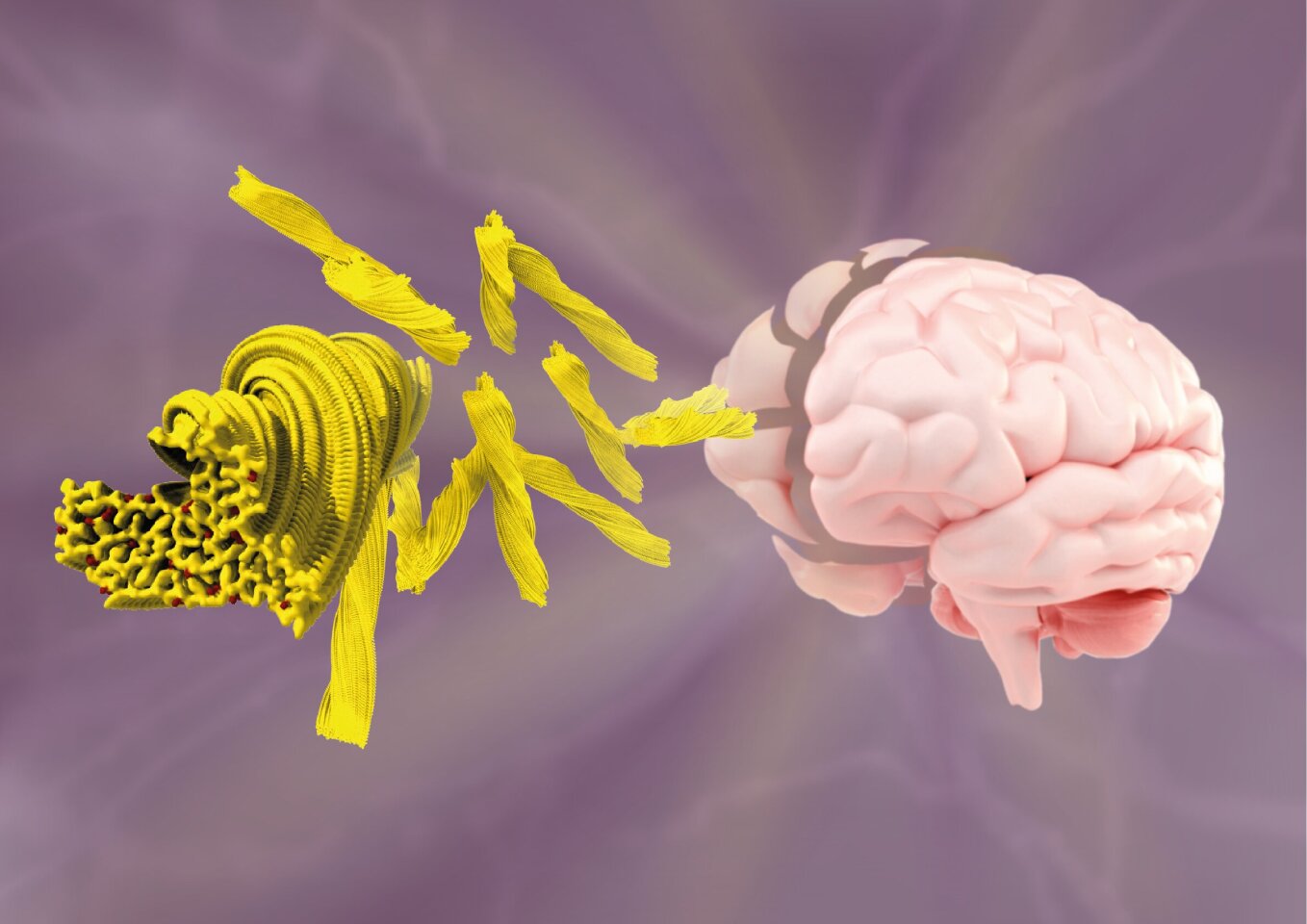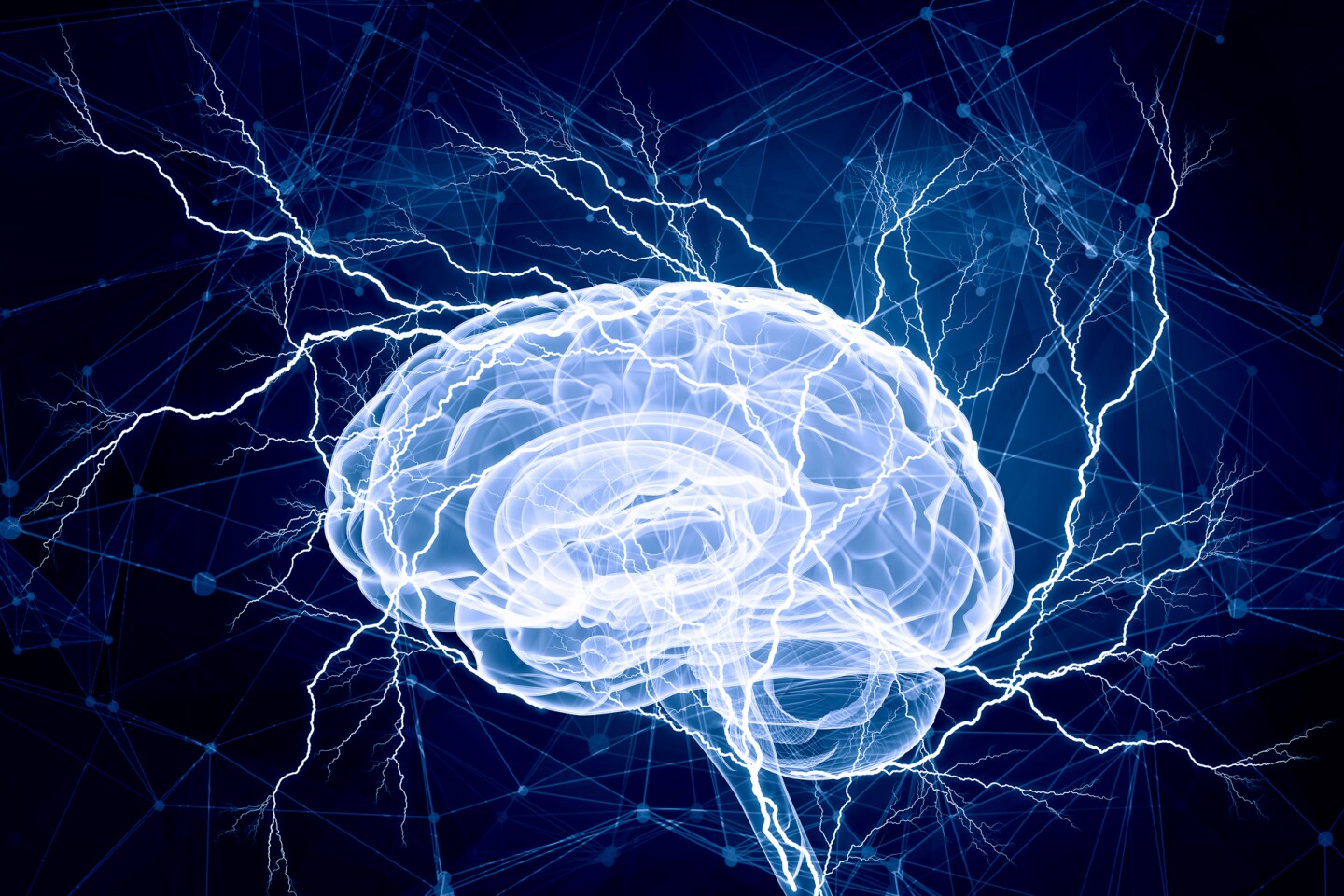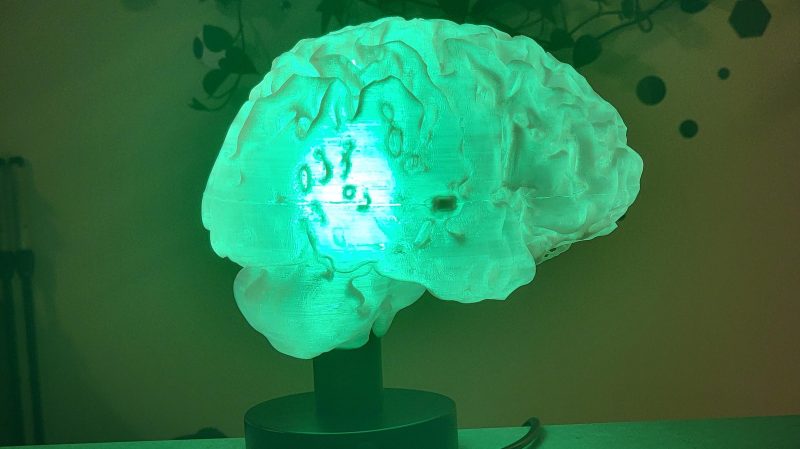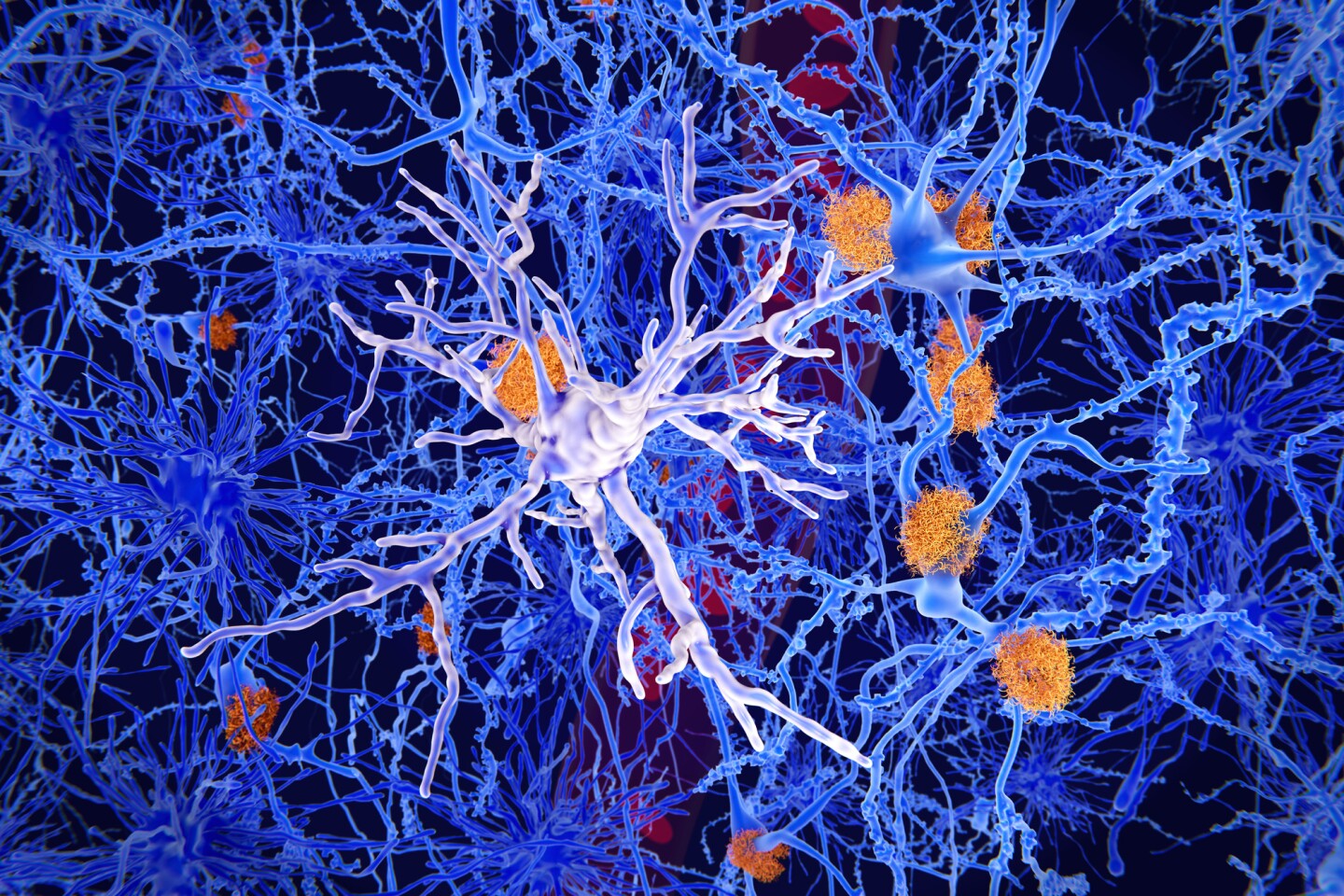Cyborg computer with living brain organoid aces machine learning tests
Scientists have grown a tiny brain-like organoid out of human stem cells, hooked it up to a computer, and demonstrated its potential as a kind of organic machine learning chip, showing it can quickly pick up speech recognition and math predictions.Cont… Continue reading Cyborg computer with living brain organoid aces machine learning tests



